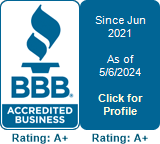What Are the Warning Signs of a Hidden Addiction?
Hidden addictions are common, but with time, they usually aren’t as well “hidden” as the person struggling with drugs or alcohol wants others to think. When you know what to watch for the sooner you can spot the signs and identify when addiction could be at the root of other life issues.
What Is a Hidden Addiction?
A hidden addiction is when someone struggling with alcohol or substance use issues conceals what they’re engaging in so others do not suspect they have a problem.
When someone is struggling with addiction, you have to remember that each situation is unique. Sometimes the issues are obvious from the outset, but if they aren’t, you could be dealing with a hidden addiction. When someone has a successful career, a family, and responsibilities, it may be easier to overlook telling signs. At the same time, the underlying psychology of an addict causes them to conceal problematic behavior as a self-defense mechanism. When that’s the case, you’re dealing with a hidden addiction. A common example that most people are familiar with is the high-functioning alcoholic.
Over time, however, even hidden addictions generally do not stay hidden for long before other people begin to suspect there’s more at play. Ultimately, the sooner you can spot the warning signs, the sooner you can get help before it leads to deeper life issues or hitting rock bottom.
Understanding the Odds of Addiction
Before we discuss the warning signs of a hidden addiction, it’s worth starting by clarifying the likelihood that addiction could be an issue in the first place. When someone is dealing with increased stress in their life, whether it’s at home, work, or in their relationship, there’s about a 7 percent chance that they’re at risk of drug or alcohol addiction.
At high-stress times, it’s important to keep a watch for these warning signs, but it’s also important to understand that there can be other explanations, as everyone handles stress differently. It’s best never to assume but to take all evidence into account and ask what conclusion a reasonable person would reach. When in doubt, always contact an addiction professional for guidance, especially when you think someone’s life could be at risk.
The Psychology of High-Functioning Drug Addicts
When addiction is the issue, you need to step inside the head of the person struggling. First, you have to understand that they’re consciously or unconsciously trying to conceal the issue but not because they’re trying to hurt you. Instead, addiction develops as a way of protecting themselves from the pain they’re feeling.
When you’re dealing with a hidden addiction, you have to realize that the person will lie to you. Not necessarily because they’re actively trying to deceive you, but because that’s the only way they can continue drinking or using without having to confront what’s fueling the addiction cycle. For most people, life begins to catch up sooner than later and the warning signs begin to become more apparent to others.
When this happens, the truth remains hidden only to the individual struggling with addiction as they fail to grasp that everyone else knows what’s going on, while they still think they’re keeping it under wraps.
When someone conceals their addiction issues, it’s often due to privacy or social implications. If that’s the case for you or someone you care about, at-home drug addiction treatment could provide the best method for your recovery needs.
The Telltale Signs of a Hidden Addiction
Some of the key behavioral signs that a hidden addiction could be at play are:
- Sudden isolation and secretive behavior
- Loss of interest in favorite activities
- Eating significantly less than usual
- Erratic emotions, moodiness, irritability, nervousness, giddiness
- Talking fast and saying things that don’t make sense
- Sleeping at strange hours
- Missing important appointments
- Neglecting personal hygiene
- Changes in attitude or personality
- Avoiding contact with family
- Changes in friends or new hangouts
- Drops in grades or work performance
- Stealing
Just because you recognize a few of these signs does not guarantee that addiction is the issue, but it is cause to further investigate whether a hidden addiction could be causing these issues. For further clarity, take our Do I Have an Addiction quiz. It also offers the option to take the quiz for someone you care about.
How Staging an Intervention Can Help Address a Hidden Addiction
If you’ve identified that someone you know is struggling with a hidden addiction that’s leading to other life issues, the next step is planning an intervention. We’ve put together a guide to help you get started, but the most important part of getting an intervention right is with proper preparation, so you can’t get started too soon. Contact our team today when you need confidential, professional guidance and to start planning to bring a hidden addiction to light.





